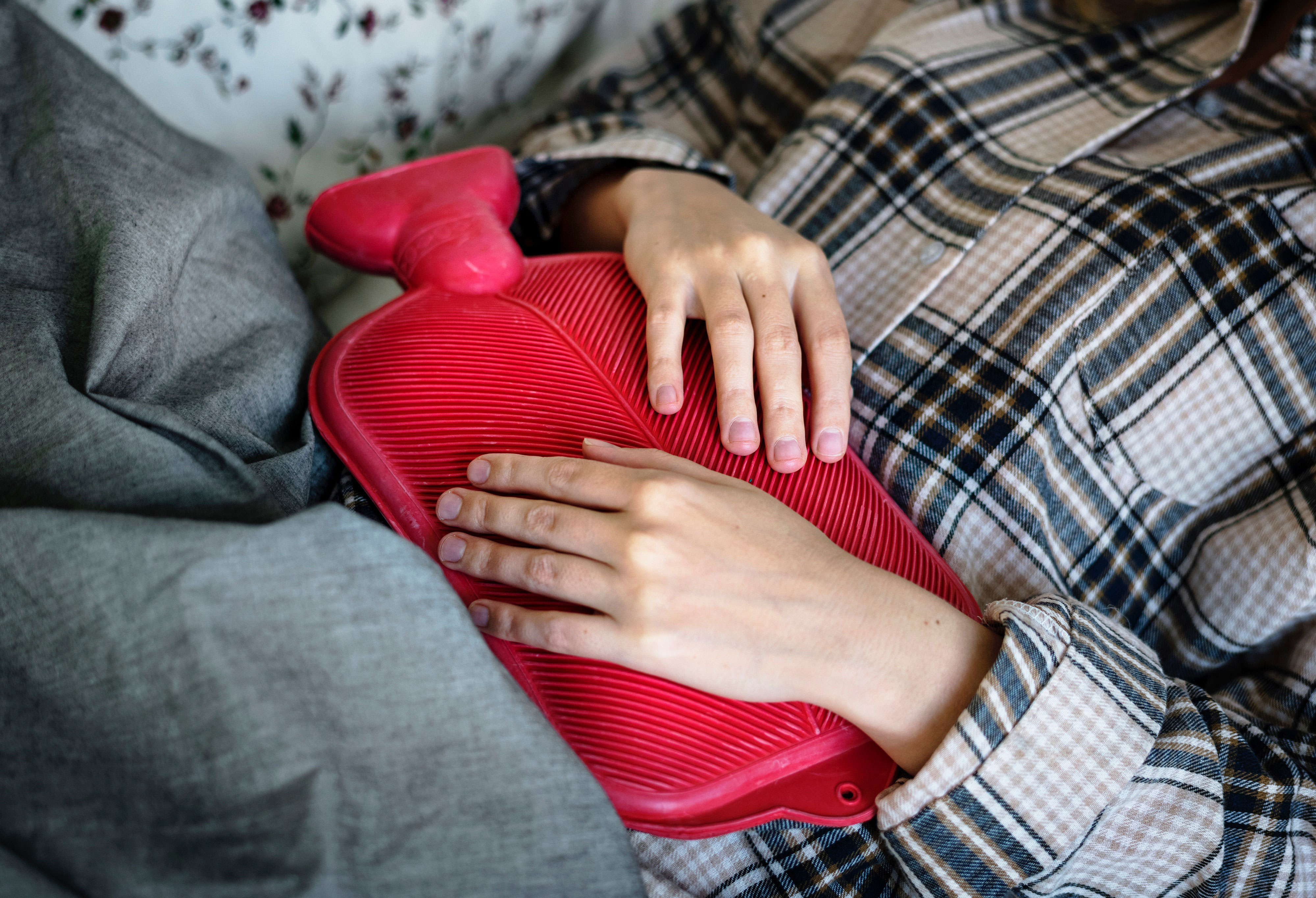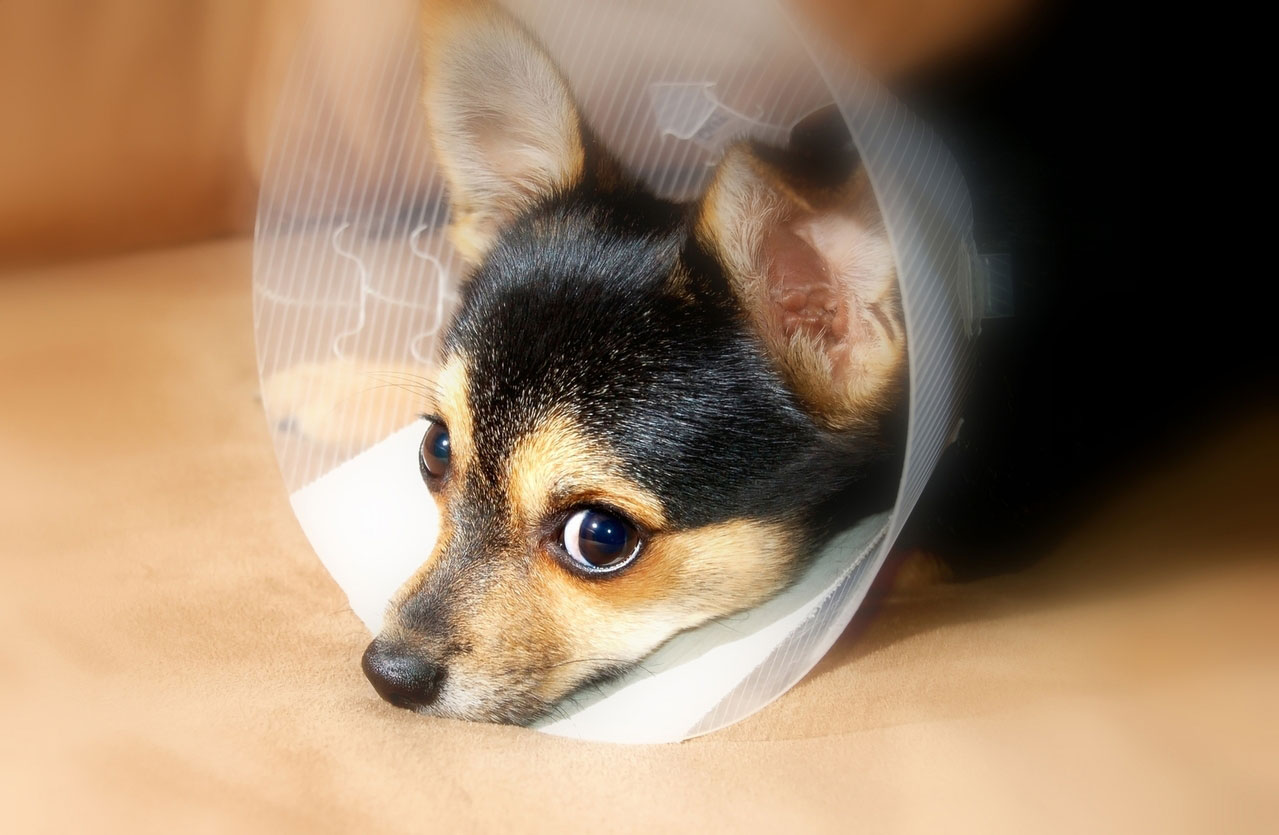
Illnesses You Can Get from Dogs & How to Prevent Them
We don’t like to think our pets could ever cause us harm. However, there is a broad range of diseases and illnesses they can unintentionally pass along to us. But, before you panic, know it is rare for this to happen. However, those with a compromised immune system, such as young children and the elderly, those affected by HIV/AIDs, or those with autoimmune conditions run a higher risk of infection.
Zoonotic infections are diseases you can catch from animals. Although they are uncommon, they do happen from time to time. Many of them are preventable by simply washing your hands after coming into contact with a dog or any other animal. Knowing what to look for and how to prevent both your dog and yourself from catching a parasite, bacterial infection, or other illnesses is your best bet to keeping yourself and your pet healthy. 
Campylobacteriosis
This long, intimidating name is a common issue in our pets. It causes animals to experience enteritis, an inflammation of the intestinal tract. This typically results in diarrhea and a slight fever, although some pets show no symptoms at all. Humans will experience similar symptoms if contracted.
It is commonly contracted by our pets when staying in kennels. It can also be caused due to our pets feeling stressed, related to illness, or when recovering from surgery. To prevent your pet from coming into contact with these bacteria, only leave your pet with people you trust to keep them in sanitary conditions.
Rabies
Rabies is a viral infection that affects the brain and central nervous system, and it can be lethal. It is commonly transmitted through a bite or contact with an infected animal’s saliva, and it is one of a number of complications that can occur from a dog bite.
While teaching your puppy that it is not acceptable to bite is vital to the wellbeing of yourself and others, if your dog is bitten by an animal with rabies, it won’t matter what kind of training she has had. The best thing you can do to prevent this infection is to keep your dog up to date on her rabies shots. If you are bitten by another person’s dogs, make sure to get that dog’s vet contact information to check up on his or her current vaccination status. Symptoms of the disease include agitation, sleeplessness, confusion, headaches, fevers, and excessive salivation.
Ringworm
Ringworm is one to watch out for if you sleep with your pet. It is highly contagious and can be caught by simply touching your infected pet or a surface it has touched. It is a fungus that causes a small red ring to form on the skin. It can form a white crust and may be flaky to the touch. Typically, ringworm causes itchiness and can be found anywhere on the body, including the fingernails and the scalp.
Both you and your dog can be treated with an antifungal topical cream. Just be sure to wash your hands after applying the ointment to yourself and your dog to avoid contamination. Reduce the spread of ringworm through diligent hand washing and keeping surfaces clean. Wash the bedding and clothing of those infected on a daily basis to prevent repeated infection.
Hookworm and Roundworm
Puppies are prone to getting worms due to their habit of eating most everything in their path. Hookworms and roundworms are intestinal parasites that can be passed on to humans through the skin. The parasites can often be found living in the stool of puppies, and stepping on the feces with bare feet or touching with bare hands can put a person at high risk for infection.
Being infected with hookworms can result in irritated and itchy skin that can escalate to skin infections. You may also exhibit abdominal distress if you have come infected with hookworms. Roundworms do not cause any symptoms in humans but can cause serious eye or nerve damage in the host.
To prevent your dog from getting intestinal worms, treat them with a dewormer suggested by your vet on a regular basis. If you live with more than one dog, be sure to remove any feces from a shared yard as soon as impossible to reduce the risk of infection for your other pet.
Prevention Tips
To take additional precautions, implement some of the following into your dog’s routine care:
- Schedule regular bathing times to keep your dog clean. Bathing time is also a good time to look for lesions or rashes.
- Don’t put off trips to the vet if your dog is feeling ill. Invest in pet insurance to eliminate some of the financial risks of owning a pet.
- Take your vet’s advice about deworming—it protects both you and your pet.
- Keep your dog’s area free and clear of feces as often as possible.
- Wash your pet’s bedding, as well as your own, on a frequent and regular basis.
Learning about the potential illnesses you can get from your dog may make you feel extra cautious around her, but don’t fret too much. With the rarity of dog-to-human transmission, as well as keeping your dog healthy with regular vet visits and care, it’s unlikely you will need to make an appointment with your doctor any time soon.










